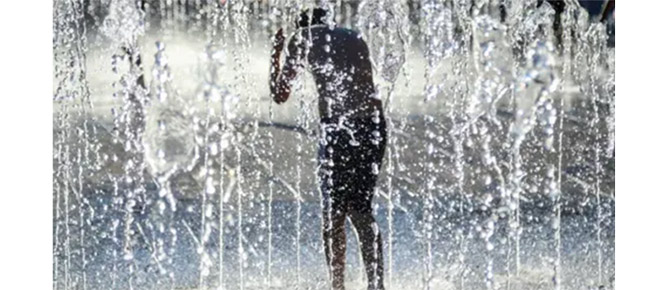
Jeddah, May, 12 : Mohammed Mateen's journey toward his tragic end started when his father sold their only home to marry off one of his four sisters in India.
However, after suffering abuse at the hands of her in-laws, the girl returned and later divorced her husband.
It should be noted that in Islam it is not permitted for men to take dowry from women, yet there are Muslims who still practice this.
Mateen, the only son of a fruit-seller, was from a very poor family and he took on the responsibility of getting his sisters married and supporting old parents.
To this end, the 24-year-old raised what little money he could, some of which he borrowed. The rest was collected from the proceeds of the sale of the house. Mateen used the money to pay a labor recruitment agent and travel to Saudi Arabia.
The hopeful young man came to Hafer Al-Baten under the sponsorship of a man who had brought him to work as a driver. Instead, he was made to work as a cook.
Before his death, Mateen told Arab News that his sponsor had made him sleep in a field and given him practically no food. He was only paid SR400 a month, even though the labor recruitment agent in India had promised him SR1,000. Mateen claimed his sponsor did not even pay him that small amount. Mateen had no experience in cooking and failed miserably when preparing dishes.
Fearing his poor culinary skills would persuade his sponsor to send him back to India without money to pay back his debts, Mateen ran away in hope of finding a job elsewhere.
Soon after he fell severely ill and friends took him to King Fahd Hospital where he was admitted to intensive care, registered as an “unknown patient”, and diagnosed with failure in both kidneys.
The hospital provided Mateen with adequate medical treatment, including dialysis three times a week. While in the hospital Mateen had told Arab News that all he wanted was return to Indian soil.
The interview, published about five months ago, led to some philanthropists visiting him in hospital and offering to help with his repatriation.
With assistance from the Indian Consulate and a social worker at the hospital, he was able to return to India.
Mateen was reunited with his family, but the trauma of what had happened to him, the fact the debt still had not been paid, and the ongoing pressure to marry his sisters off was all too much for his father, who started suffering from heart disease.
This meant Mateen's mother was struggling to pay for the treatment of both her husband and son.
Mateen used to insist that whatever little money they had should be spent on his father's treatment.
He believed that his own disease was incurable and at least if his father survived he would be able to work and earn money to marry off his sisters.
Tragically, Mateen's father passed away from a heart attack soon afterwards.
Fourteen days later, on May 8, Mateen succumbed to his illness. Mateen and his father were the only breadwinners of the family.
Now Mateen's mother and his four unmarried sisters are left in a rental home with no source of income and debts to pay.








Comments
Add new comment